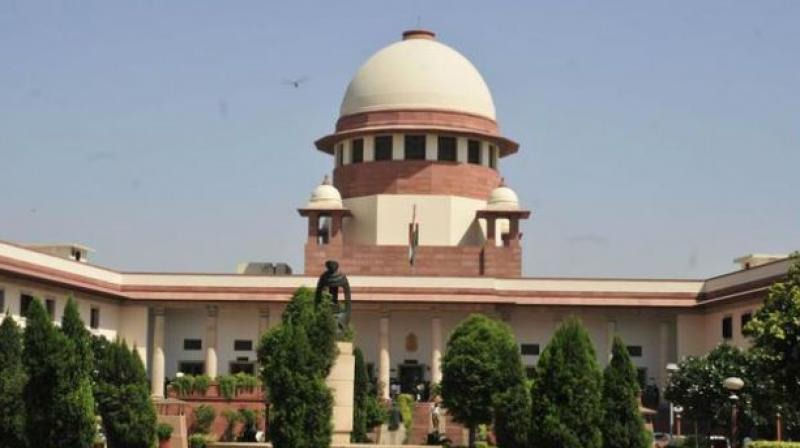Attestation not must for e-records: Supreme Court
It said that if a person is not in a position to produce such certificate the provision of 65B should not be applied.

New Delhi: In the age of digitisation and increasing reliance on computerised records in judicial proceedings, the Supreme Court has held that the requirement of a certificate to make an electronic evidence admissible is not mandatory “wherever interest of justice so justifies”.
The top court’s clarification on section 65B of Indian Evidence Act, which deals with admissibility of electronic evidence in court proceedings, will have an impact on criminal trials, where an increasing number of call details records, CCTV footage, mobile video recordings and CDs are being relied upon.
Interpreting section 65B(4) of the Evidence Act, a bench of Justices A.K. Goel and U.U. Lalit said the provision should be applied only when such electronic evidence is presented by a person who is in a position to produce such certificate.
Section 65(B) of Indian Evidence Act says that electronic records needs to be certified by a person occupying a responsible official position for being admissible as evidence in any court proceedings.
The top court, while examining the issue of video recording of crime scene, dealt with the question if electronic evidence can be admissible for reliance in judicial proceedings.
It said that if a person is not in a position to produce such certificate the provision of 65B should not be applied.
SC referred to two English laws
“If this is not so permitted, it will be denial of justice to the person who is in possession of authentic evidence/witness.... Thus, requirement of certificate under Section 65B(4) is not always mandatory,” the bench said.
“Accordingly, we clarify the legal position on the subject on the admissibility of the electronic evidence, especially by a party who is not in possession of device from which the document is produced. Such party cannot be required to produce certificate under Section 65B(4) of the Evidence Act,” the bench said.
During the marathon hearing, which continued for several days, the apex court also referred to two English Laws-- Civil Evidence Act, 1968 and Police and Criminal Evidence Act, 1984 -- which dealt with the admissibility of electronic evidence but have now been repealed in the United Kingdom.

